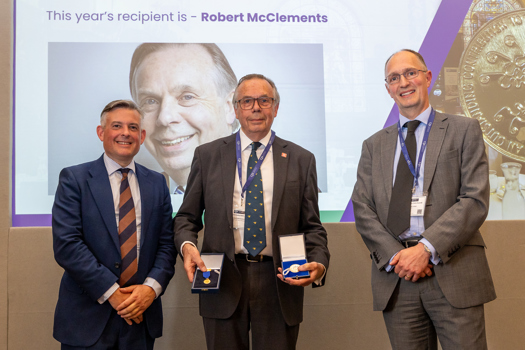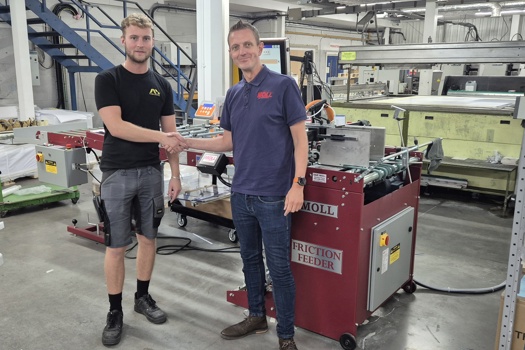A detailed plan to transform the packaging industry has been released by researchers at the University of Portsmouth’s Global Plastics Policy Centre, combining 320 academic studies and 55 interviews with experts.
The plan, published on 29 May, found that a dramatic shift to reusable packaging was a highly effective and proven method for reducing waste.
Many reuse systems have already been developed, according to the study, and are easily scalable.
One novel approach suggested by researchers, however, will be to develop a next generation of packaging which is standardised, stackable, and electronically tagged.
This durable, lightweight and washable generation of packaging could be easily sorted by “smart bins”, cleaned and pooled at centralised packaging hubs, before being delivered back to factories and retailers.
Packaging accounts for 40% of all plastic use in the EU, and plastic packaging waste is set to grow by 46% by 2030, according to the European Commission. The 10 most commonly found single-use plastic items on European beaches, alongside fishing gear, represent 70% of all marine litter in the EU.
Increased reuse of plastic packaging could slash 30% of plastic pollution by 2040, according to the UN.
The research’s publication comes as representatives from governments all over the world meet in Paris to negotiate a legally binding global plastics treaty to end plastic pollution.
Director of the Global Plastics Policy Centre, Steve Fletcher, said: “This study is a significant evidence-based global assessment of how we can swap wasteful single use packaging for reuse systems.
“It shows that there is no one-size-fits-all packaging material or system for reuse, but we know that it has to fit seamlessly into people’s lives and that has huge untapped potential to end plastic pollution.
“What we need now is a clear vision for reuse and the right support to mainstream it.”










